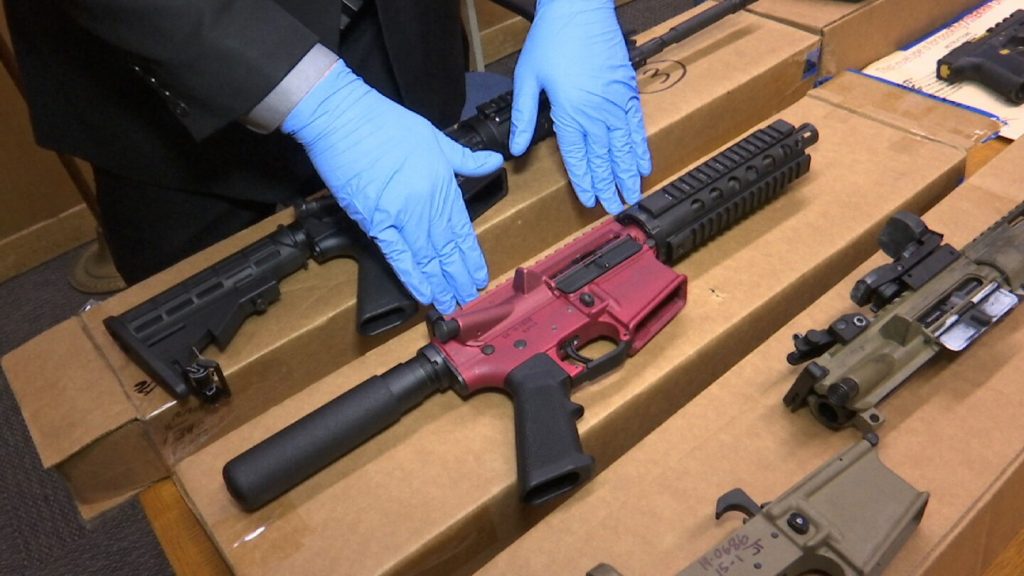The Supreme Court continues to deliberate on a Biden administration regulation regarding ghost guns, which are difficult-to-trace weapons frequently found at crime scenes. Conservative justices appear open to the government’s argument that kits allowing people to assemble untraceable guns at home should be regulated like other firearms. Justices John Roberts and Amy Coney Barrett, who previously supported the rule, seemed skeptical of the claim that the administration overstepped by attempting to regulate gun parts instead of finished weapons. The debate revolves around whether these kits are similar enough to functional firearms to warrant regulation. Chief Justice Roberts likened the components to food items, suggesting they should not be treated as a complete firearm unless assembled.
Barrett suggested that gun kits are more akin to meal kits that contain all the ingredients needed to make a specific meal, such as turkey chili. Roberts expressed doubts about the challengers’ argument that the kits are mainly popular with hobbyists who take pleasure in assembling their own firearms. Many ghost gun kits only require drilling a few holes and removing plastic tabs, making the process relatively straightforward. The Supreme Court is expected to issue a ruling in the coming months, with the central legal issue focusing on federal agency authority rather than Second Amendment rights.
The case at hand, Garland v. VanDerStok, emphasizes the power of federal agencies and the regulation of ghost guns rather than constitutional gun rights. The Biden administration implemented the ghost gun regulation in response to a significant increase in the number of these firearms appearing in criminal investigations. From under 4,000 recovered ghost guns in 2018 to nearly 20,000 in 2021, the Justice Department data reflected a concerning trend. Several major cities have seen a decrease or stabilization in the numbers of ghost guns recovered, with New York, Los Angeles, Philadelphia, and Baltimore mentioned in court documents. The rule mandates that companies treat ghost gun kits like other firearms, requiring serial numbers, background checks, and verification of the buyer’s age.
Critics of the regulation argue that most criminals still use traditional guns, with ghost gun kits often proving challenging to assemble. They point out that the Gun Control Act did not seek to overly restrict access to firearms. Legal challenges to the regulation have been ongoing since U.S. District Judge Reed O’Connor in Texas struck down the rule in 2023. The 5th Circuit Court of Appeals mostly upheld this decision. Concerns were raised during the Supreme Court hearing about businesses inadvertently violating the regulation. Solicitor General Elizabeth Prelogar defended the government’s stance, asserting that regulating weapons that can be easily converted is within the ATF’s authority. She emphasized that law-abiding hobbyists can still purchase the kits. Prelogar also highlighted the rise in crimes committed with ghost guns, indicating a need for stricter regulation to address this issue.


